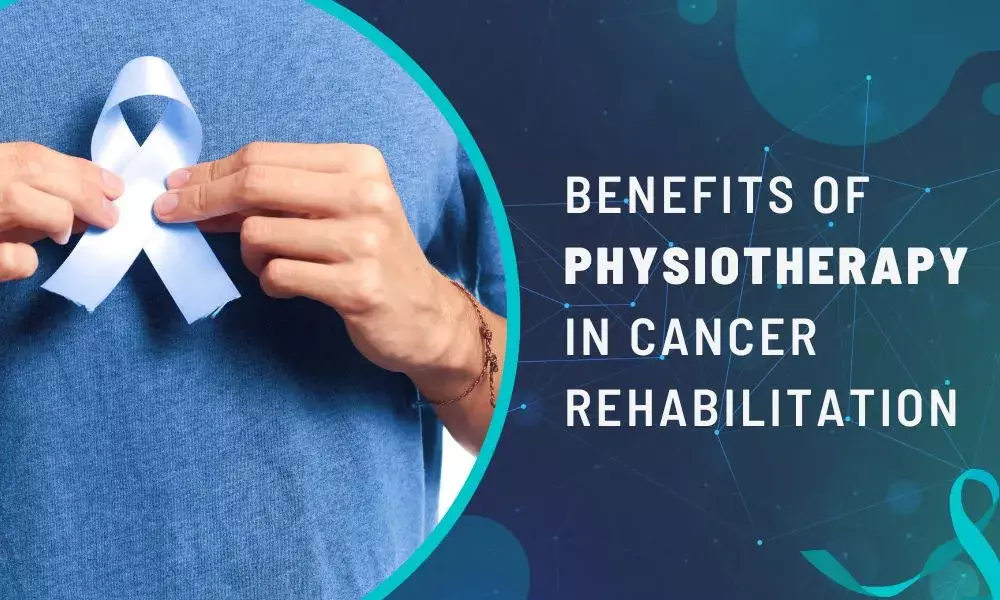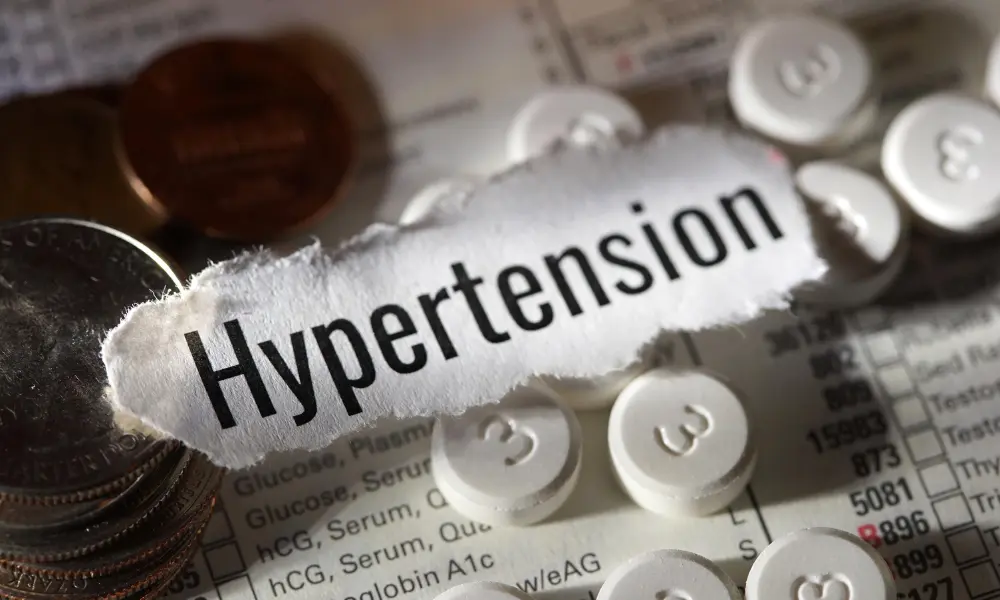Cancer rehabilitation is a support program that helps cancer patients to maintain and restore physical and emotional well-being, whether their treatment is ongoing or completed.
The dramatic increase in cancer cases in the recent past has led to an increase in cancer awareness and the availability of advanced diagnostic facilities. With advanced screening and treatment, it is now possible to detect cancer at an early stage and treat it.
Because of the advanced technology, healthcare institutes are saving many lives. However, a challenge that every survivor faces, is leading a normal life post-therapy. Cancer rehabilitation makes this possible and achievable for them.
The quality of life for cancer patients largely depends on how they respond to the treatment taken and how they are recovering and resuming their lives.
Dr. Dipal Shah, MPT (Cardio) Cancer Rehab Specialist and Onco physiotherapist with experience of more than 20 years, explains the importance of cancer rehabilitation and its role in the recovery of a cancer patient.
What is cancer rehabilitation?
Cancer rehabilitation is a supportive healthcare plan that helps cancer patients resume their life normally and actively post-cancer treatment in all facets.
It is a holistic approach that includes physiotherapy, speech therapy, occupational therapy and nutritional therapy, and psychological therapy so that all the areas that may affect cancer patients are dealt well and ensure that the patient is learning to be independent.
Cancer rehabilitation helps to manage secondary complications and aids in providing a better life to cancer patients after their treatment or surgery.
What is the role of Physiotherapy in Cancer Rehabilitation?
Physiotherapy in cancer patients aims at below results:
-
Reduction in pain.
-
Strengthening the muscles.
-
It aims at increasing healthy blood cells.
-
Increased mobility.
-
Augmenting the overall recovery.
What are the most common Cancers where Physiotherapy plays a vital role in Rehabilitation?
According to Dr. Dipal, physiotherapy can be beneficial and support recovery in the below cancer types.
-
Breast Cancer.
-
Head and Neck Cancer.
-
Lung Cancer.
Dr. Dipal insists that patients suffering from the above cancer types should mandatorily attend physiotherapy sessions, as it can be path-breaking for their recovery.
Especially in the case of mouth and tongue cancer, physiotherapy can help in the initial discomfort of opening the mouth. Some mouth exercises can also help the patients in chewing or swallowing food. With dedicated sessions and efforts, patients can recover soon.
Can Physiotherapy help even when Cancer treatment is ongoing? What are the side effects?
Yes, physiotherapy can be more effective when taken along with the cancer treatment. It plays a preventive role in the advancement and immobilization of the patient.
According to Dr. Dipal, one should start taking physiotherapy sessions as early as possible because these therapies increase and improve the physical capacity of the patient to undertake cancer treatment.
If the patient doesn’t take physiotherapy, it may lead to immobilization of the affected part. In cases where lymph nodes are operated on, physiotherapy is crucial as it prevents Lymphoedema.
Lymphoedema is the swelling of arms and is one of the significant side effects of breast cancer surgery.
According to Dr. Dipal, one session with the physiotherapist can save a cancer patient from the complication of Lymphoedema.
In a nutshell, post-cancer surgery, irrespective of total or partial removal of lymph nodes or other parts of the body. It is vital for the patient to take physiotherapy in order to prevent the immobilization that may be caused due to surgery.
According to her, physiotherapy does not have any side effects; it only helps the patients to recover. It is rather advised to start physiotherapy as soon as possible because it increases the pace of recovery and reduces the patient’s discomfort and pain.
What are the main benefits of Cancer Rehabilitation?
Cancer rehabilitation aims at helping patients overcome the side effects of cancer treatment and supporting their recovery; few main benefits of cancer rehabilitation are:
-
Helps in Pain management.
-
Improvises quality of life for cancer patients.
-
It makes them independent as early as possible.
-
Reduces the side effects of the cancer treatment.
-
It improves their mental state and reduces the mental stress they have gone through.
It helps the patients to stay active and increase their physical activity to combat any other complication that may arise due to being immobile.
Can Physiotherapy help in the palliative stage of cancer?
A palliative care patient suffers from tremendous pain and physical discomfort; physiotherapy in such patients aims to give them full support and reduce their discomfort and pain.
Can the patient go to any Physiotherapy Clinic and take treatment?
Cancer patients should consult onco physiotherapist and not any physiotherapist, as the line of treatment for cancer patients is much different than the normal patients.
Physiotherapy can be done at home also; after a few sessions and instructions, therapists suggest patients do the exercises at their home so that they do not have to travel and exhaust their energy. Therapists may prescribe certain devices that can be used by the patients at their homes. Patients should follow the instructions and be regular.
Those patients who find it difficult to travel to the therapist’s clinic can take online sessions from a qualified onco physiotherapist. You can even book a home visit with the therapist.
Overcoming the cancer journey is an uphill task, but taking physiotherapy can provide the extra support that you require to recover.
It is often best to network and talk to people who have experienced the same journey; it can help you come across valuable insights that can help you in your recovery. Join support groups that are involved in helping cancer patients recover and obtain optimal care.





